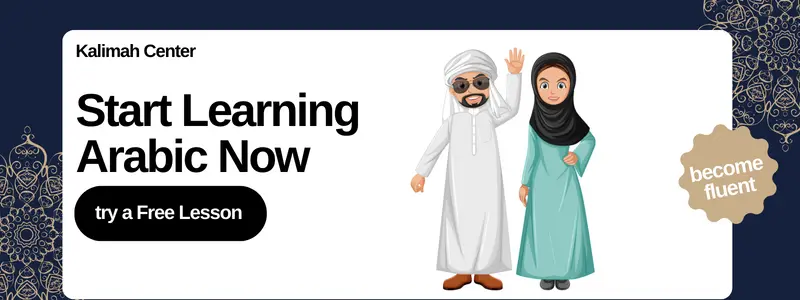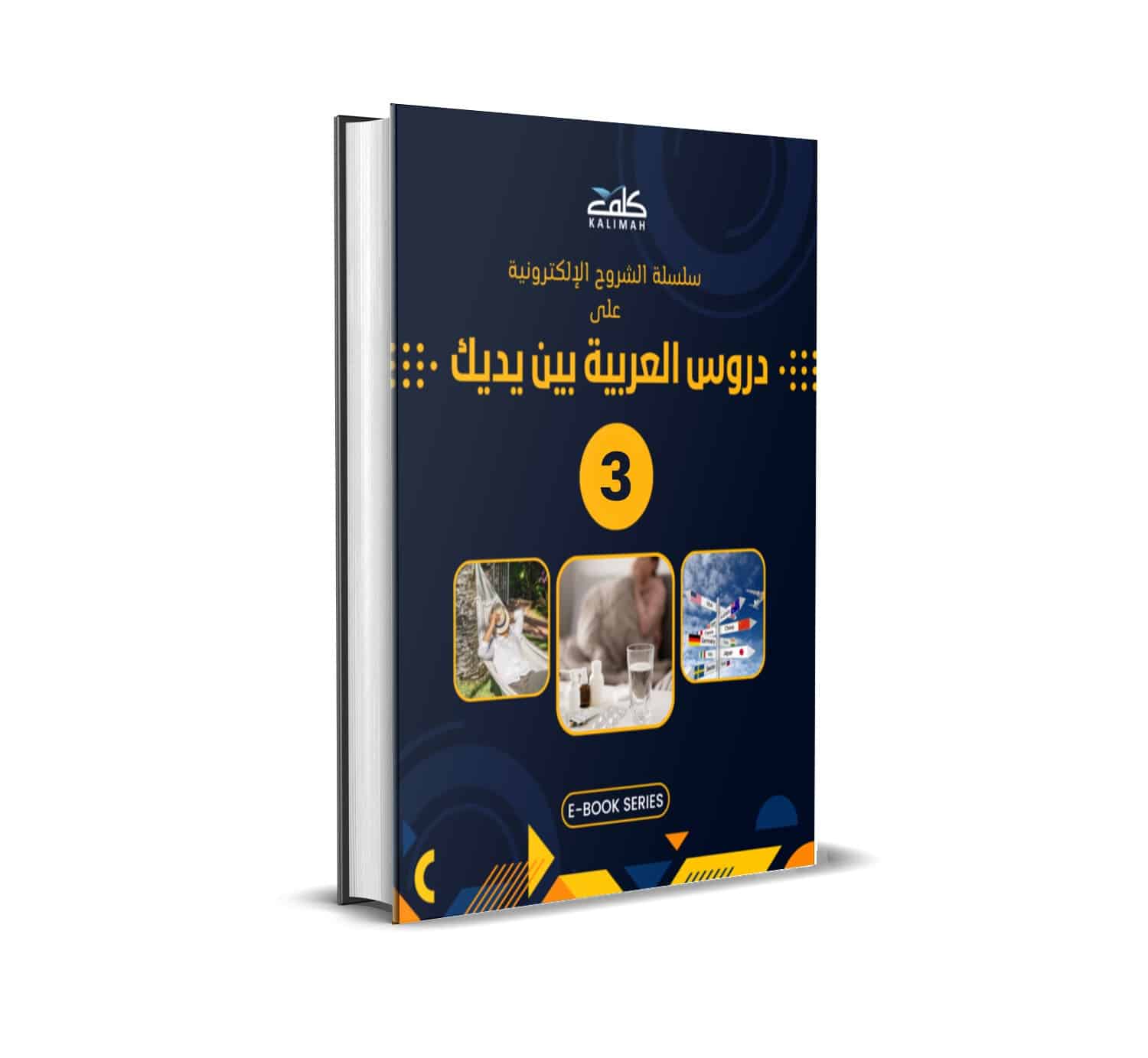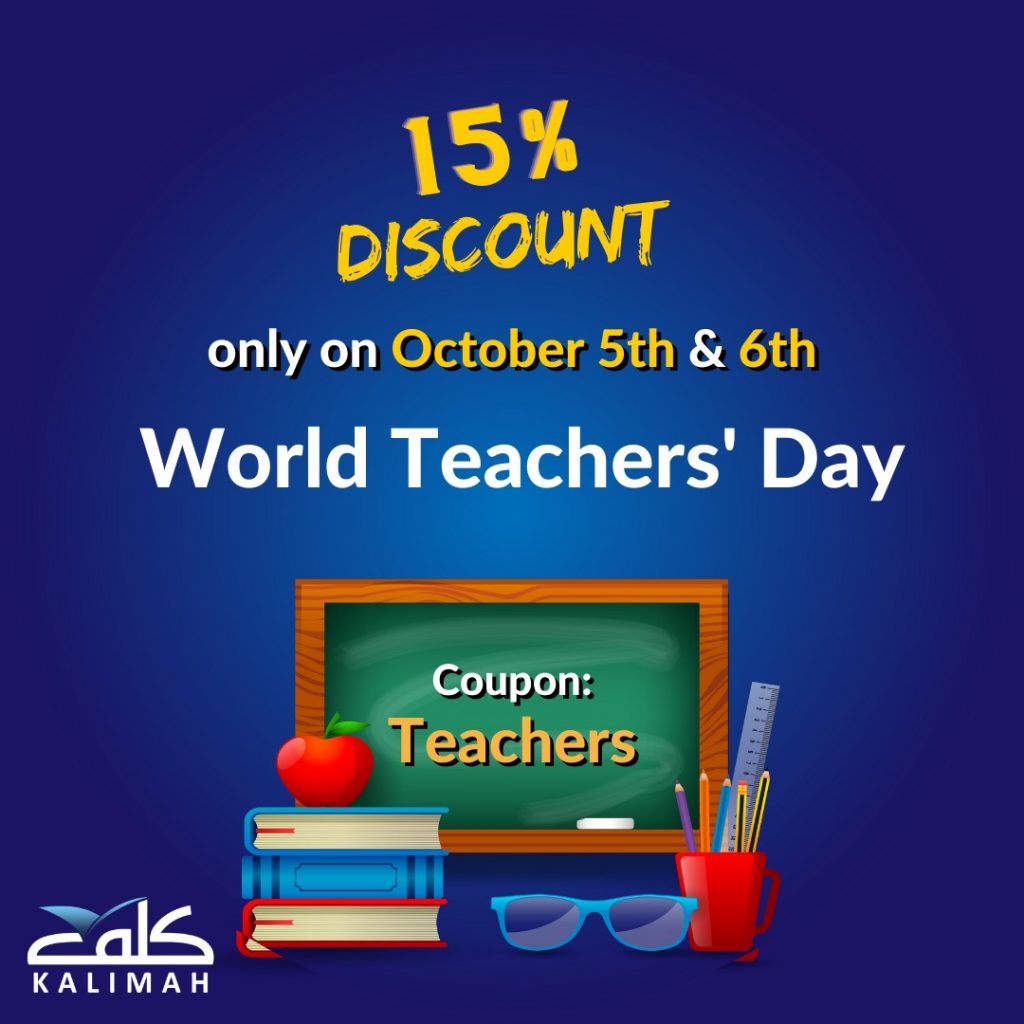As a native Arabic teacher, I know how important it is to choose the right books for teaching children Arabic, especially for non-native speakers.
I’m going to share with you some of the best Arabic learning and teaching books for kids, and Arabic audiobooks for kids too.
These books have helped countless children fall in love with our beautiful language, and I’m sure they’ll do the same for your little learners too!
What are Arabic Books and Audiobooks for Kids?
With a simple, brief definition Arabic books and audiobooks for kids are stories and lessons to teach children the Arabic language. They help children:
- Learn new words: Many interesting words and phrases
- Improve reading and listening: Get better at understanding Arabic
- Discover Arabic culture: Hear stories about traditions and values
- Have fun! Enjoy exciting adventures and characters

Top Arabic Learning and Teaching Books for Kids
Alright, parents and teachers! Here are some great tools for teaching your kids Arabic. Whether they are just starting out or already know some words, these books and workbooks can help. They are fun and easy to use, making them perfect for children.
1. Uhebbo Al-Arabiyya’ book series
This series is a complete curriculum designed for young non-Arabic speakers. It focuses on all four language skills: listening, speaking, reading, and writing.
What makes this series special is that it uses a fully integrated approach, helping children to connect with the language naturally. The topics are chosen from Arab culture, common general knowledge, and the world of children, making it relatable and engaging.
Each level in the series comes with a textbook for teaching and a workbook for practice. The workbook is excellent for reinforcing what the child has learned in the main textbook, helping them to deepen their skills and knowledge.
What I love most about this series is that it teaches Arabic in Arabic, without any intermediary language. This immersion method is very effective.
At Kalimah Center, we trust this series so much that we include it as a core part of our Arabic language courses for children.

2. Master the Arabic Alphabet: A Handwriting Practice Workbook
For parents who want their kids to master Arabic handwriting, this workbook is a fantastic resource. It covers all the letters of the Modern Standard Arabic alphabet in their various forms – isolated, initial, medial, and final.
The book’s clear, large letters are easy for children to recognize, and the detailed stroke order instructions help build a strong foundation.
The “Trace and Learn” sections are especially helpful for young learners to practice proper stroke techniques, developing their muscle memory. The book also includes extra pages for additional practice, which is a great bonus.

3. My First Book of Arabic Words
This book is perfect for introducing children to basic Arabic vocabulary through rhymes and colorful illustrations. It’s a fun way to learn, as it combines learning with play.
The rhymes are simple and easy to remember, and the illustrations provide a contemporary view of Arab culture, making it more accessible to children growing up in a different environment.
Each letter of the alphabet is introduced with a word, accompanied by a charming illustration that represents a piece of Arab culture or daily life. It’s a delightful way to bring the language to life for young learners.

4. Super Easy Verbs for Kids: English – Arabic Bilingual
Verbs are the heart of any sentence, and this workbook makes learning Arabic verbs simple and fun for children. The book is bilingual, making it easier for non-native speakers to understand the verbs and use them in sentences.
It’s designed to be a practical and easy guide, focusing on the most commonly used verbs in both Arabic and English.
This resource is great for children who are just starting to take steps to learn Arabic, as it breaks down complex structures into manageable parts. It’s time to get your hands on this workbook and start practicing with your kids!

5. Arabic Reading Book: Learn Arabic Alphabet and Articulation Points
If you want your child to learn how to read Arabic correctly, this colorful book is an excellent choice. It uses a phonetic method to teach the Arabic alphabet, articulation points, and how letters appear at the beginning, middle, and end of words. The book is suitable for beginners and children as young as five or six years old.
It starts with teaching single words and gradually moves on to full sentences, helping children build their reading skills step by step. This book is especially useful for parents who want to teach their children to read the Quran or other Arabic texts fluently.

6. My First Picture Book English Arabic: 250 Words of Everyday Life
This bilingual picture book is designed to help children easily learn their first Arabic words. It includes over 250 useful words categorized by themes like sports, fruits and vegetables, home, and school. The colorful illustrations make it easier for children to remember the vocabulary in a fun and playful way.
The book also includes small memory exercises, which are great for reinforcing what the child has learned. The romanization of the letters helps with pronunciation, making it accessible even for beginners.

7. Speak Arabic Fast
This activity book is a fun and interactive way for children to learn how to speak Arabic quickly. It’s designed for kids who can read English, making it suitable for those who are just starting to learn Arabic.
The book features Tuty, a cheeky cockatoo, and Belle, a beautiful cat, who guide the children through their Arabic learning journey.
The activities are simple and engaging, making it easy for children to learn new words and phrases in Arabic. It’s a great resource for parents who want to introduce their kids to the Arabic language in a way that’s both educational and entertaining.

Arabic Audiobooks for Kids
Here, I found some good audiobooks to help them learn. Some audiobooks teach Modern Standard Arabic, good for reading and writing. Others teach dialects, good for talking to people.
1. Modern Standard Arabic for Quick Learners
The first audiobook, Arabic for Kids: A 4 Week Course Filled with Tips, Tricks, and Techniques for Language Mastery, is perfect for children who want to learn Modern Standard Arabic (Fusha).
It’s designed to keep them engaged with 20-minute lessons, so they don’t get bored. What I love most about this audiobook is that it focuses on the most-used words and phrases.
Your child will learn greetings, colors, and even how to talk about animals and food. It’s a complete course that can get your child speaking Arabic in just four weeks.
But it’s not just about words. This audiobook also teaches techniques for language mastery, like daily repetition and practical application.
The audiobook also includes review sections to help your child remember what they have learned. This way, learning becomes a journey, not a chore.

2. The Foundation of Arabic: The Alphabet and Beyond
For beginners, 2 in 1: Learn the Arabic Alphabet, Increase Your Vocabulary, and Master the Basics for Kids is a great choice. This audiobook is like a building block for Arabic learning. It breaks down the Arabic alphabet into easy-to-understand parts. Your child will learn not just how to write the letters, but also how they change in different words.
This audiobook is very hands-on. Your child can trace the letters and practice writing their own sentences. It also comes with 250 English-to-Arabic words that are vowelized and transliterated.
This is very helpful for beginners because they can see how the words are pronounced and understand the context in which they are used. This audiobook is the perfect tool to build a strong foundation in Arabic.

3. Discovering Levantine Arabic Through Palestinian Dialect
If you are interested in teaching your child a specific dialect, A Child’s Guide to Palestinian Levantine Arabic is a wonderful resource.
This audiobook introduces young learners to the Levantine dialect of Palestine. It covers practical topics like numbers, greetings, and everyday phrases.
One of the unique features of this audiobook is the use of music and sound effects. These elements make learning more engaging and help with memory retention.
The sessions are designed to be repeated, which is an excellent way to ensure that your child fully grasps the material. This audiobook is more than just a language lesson; it’s a cultural experience that will bring your child closer to the heart of the Arab world.

4. Tuffaha Counts to Ten: A Delightful Learning Experience
Lastly, Tuffaha Counts to Ten is a delightful story that teaches children how to count in Arabic. This audiobook is not just about numbers; it’s a story that children can relate to.
Tuffaha, the main character, has trouble counting, but with the encouragement of Shams, the sun, she learns to count everything around her, from butterflies to sheep.
The story is simple, yet it is full of learning opportunities. It comes with an audio CD, which makes it perfect for car rides or bedtime.
Listening to the story over and over will help your child with pronunciation and comprehension. Plus, the beautifully illustrated book that comes with it will make the experience even more enjoyable.


Don’t just give your kids books. Give them a comprehensive learning experience with Kalimah!
Sometimes, book alone not enough. Kids need more. They need FUN! They need EXCITEMENT! They need to TALK and PLAY in Arabic.
At Kalimah Center, we help your kids love Arabic. We have fun Arabic classes online with kind teachers who know how to teach kids. We use special books, pictures and games. Your kids will have fun and learn at the same time!
Why Kalimah Center is special:
- Excellent teachers: Our experienced native Arabic teachers know how to make Arabic fun for kids.
- Native speakers: Your kids will learn real Arabic, the way people speak it.
- Fun classes: We use pictures, games, and stories to keep your kids excited.
- Right level: We find the right class for your child, so they learn at their own pace.
Your kids will learn:
- Read Arabic: They will read stories and understand what they mean.
- Write Arabic: They will write about themselves and their ideas.
- Listen to Arabic: They will understand when people talk to them in Arabic.
- Speak Arabic: They will talk in Arabic with confidence!
Try Kalimah Center for FREE! It’s the best way for your kids to learn Arabic and have FUN.













